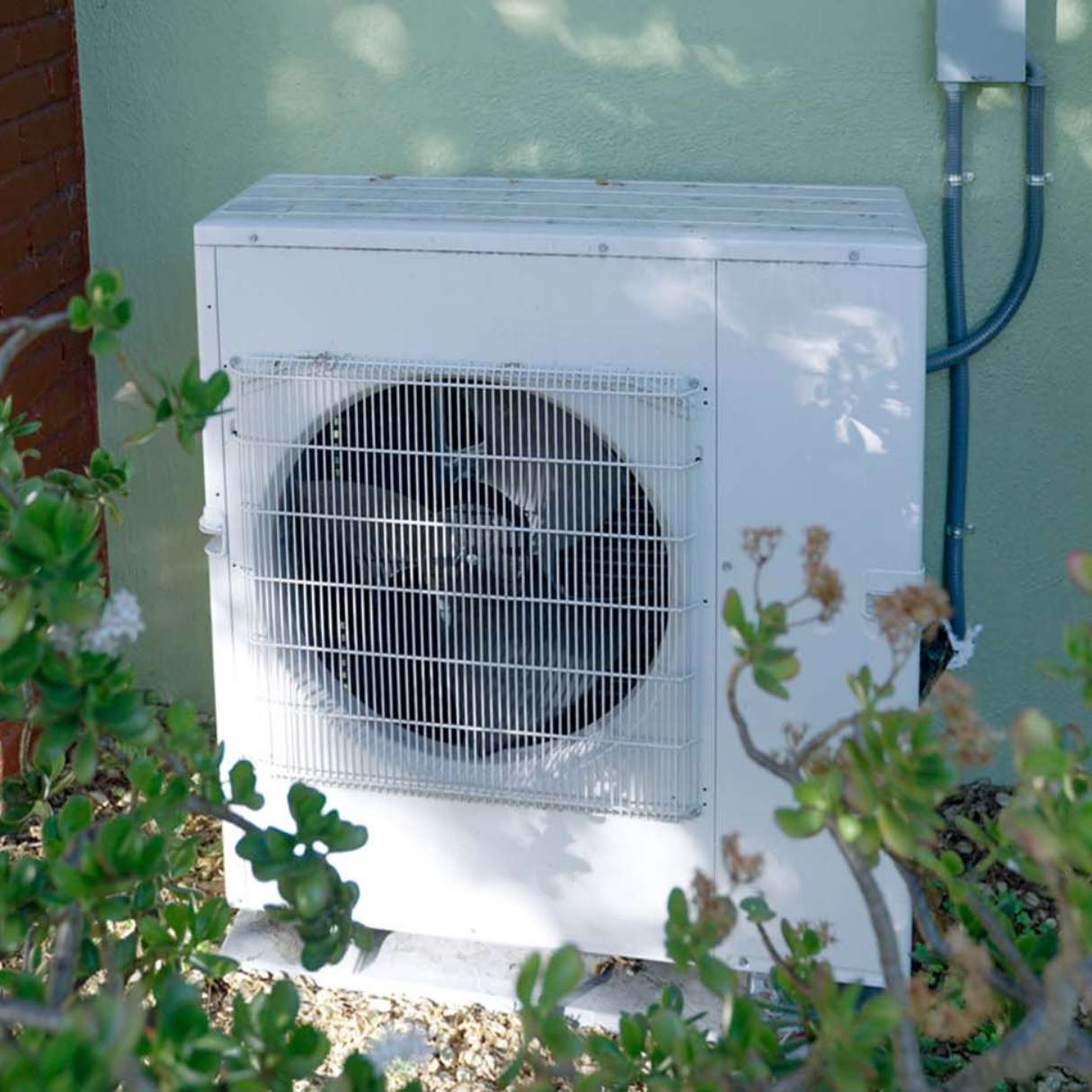

Articles
Why Is My HVAC Not Heating
Modified: December 7, 2023
Discover articles on why your HVAC system is not heating and learn how to troubleshoot common issues. Find expert tips and advice to fix heating problems.
(Many of the links in this article redirect to a specific reviewed product. Your purchase of these products through affiliate links helps to generate commission for Storables.com, at no extra cost. Learn more)
Introduction
When the chilly winter months arrive, a properly functioning heating, ventilation, and air conditioning (HVAC) system becomes essential for maintaining a comfortable indoor environment. However, there are times when you might find that your HVAC is not heating as it should be. This can be quite frustrating, especially when you’re relying on your HVAC system to keep you warm during the cold winter days and nights.
In this article, we will discuss some of the common reasons why your HVAC may not be heating properly. Understanding these issues can help you troubleshoot and potentially resolve the problem on your own, or at least provide you with some valuable insights to discuss with a professional HVAC technician.
Keep in mind that while some HVAC issues can be resolved by DIY methods, others may require professional assistance. It’s important to evaluate your comfort levels and safety when deciding how to address any heating issues you may encounter with your HVAC system.
Now, let’s explore some common reasons why your HVAC may not be heating effectively:
Key Takeaways:
- Regular maintenance, such as cleaning or replacing air filters, can prevent common HVAC heating issues. Prioritize safety and consult professionals for complex problems to ensure optimal heating performance and comfort in your home.
- Understanding common culprits, such as thermostat issues and insufficient fuel supply, can help troubleshoot HVAC heating problems. Proactive maintenance and timely repairs are essential for a cozy and warm home during colder seasons.
Common Reasons for HVAC Not Heating
There are several potential culprits when it comes to an HVAC system that is not heating properly. Understanding these common issues can help you identify the source of the problem and take corrective action.
1. Thermostat Issues: A faulty thermostat is often the cause of heating problems. Check if the thermostat is set to the correct temperature and mode. Ensure that it is functioning correctly, and if not, consider replacing it.
2. Furnace Problems: The furnace is the heart of your HVAC system, responsible for generating heat. Issues such as a malfunctioning pilot light, a faulty gas valve, or a faulty igniter can lead to a lack of heat. Regular maintenance and inspections can help prevent furnace problems.
3. Blocked or Dirty Air Filters: A clogged or dirty air filter can restrict airflow, preventing warm air from circulating effectively. It’s important to clean or replace air filters regularly to ensure proper airflow and efficient heating.
4. Insufficient Fuel Supply: If your HVAC system runs on gas or oil, ensure that there is an adequate supply of fuel. A lack of fuel can result in a lack of heat. In case of any supply issues, contact your fuel provider to resolve the problem.
5. Ignition Problems: Faulty ignition mechanisms can prevent your HVAC system from igniting and producing heat. Ignition issues can be caused by a malfunctioning pilot light, a faulty igniter, or a problem with the ignition control module.
6. Ductwork Issues: Damaged or poorly insulated ductwork can lead to heat loss. Cracks, gaps, or blockages in the ductwork can prevent warm air from reaching all areas of your home. Inspecting and repairing ductwork can help improve heat distribution.
7. Insulation Problems: Insufficient insulation in your home can result in heat loss, making it harder for your HVAC system to maintain a comfortable indoor temperature. Adding insulation to your walls, attic, and floors can help retain heat and improve energy efficiency.
It’s important to remember that while these are common reasons for HVAC not heating, there may be other factors at play. If you’re unable to identify and resolve the issue on your own, it’s best to consult with a professional HVAC technician who can diagnose the problem and provide the necessary repairs or recommendations.
Thermostat Issues
One of the most common reasons for an HVAC system not heating properly is thermostat issues. The thermostat acts as the control center for your heating system, determining when to turn on and off based on the desired temperature settings. Here are some thermostat-related problems that can affect the heating performance of your HVAC system:
- Incorrect Temperature Settings: Ensure that the thermostat is set to the correct temperature and heating mode. Sometimes, the thermostat may be set too low or on the cooling mode, which prevents the heating system from activating.
- Misplaced or Poorly Located Thermostat: If the thermostat is located in an area that doesn’t accurately represent the temperature of your living space, it can cause the heating system to work ineffectively. For instance, if the thermostat is placed near a drafty window or a heat source, it may provide inaccurate temperature readings.
- Thermostat Calibration Issues: Over time, thermostats may lose their calibration and provide inaccurate temperature readings, leading to inefficient heating. Consider calibrating or replacing the thermostat if you suspect it is no longer functioning properly.
- Dead Batteries: Many thermostats are powered by batteries. If the batteries are dead or low, the thermostat may not function correctly, including properly controlling the heating system. Check the batteries and replace them if necessary.
- Damaged Wiring: Faulty or damaged wiring connections between the thermostat and the HVAC system can disrupt communication and prevent the heating system from turning on. If the thermostat display is blank or unresponsive, it may indicate a wiring issue.
- Outdated Thermostat: Older thermostats may lack advanced features and programming abilities that can contribute to better heating efficiency. Consider upgrading to a programmable or smart thermostat to maximize energy savings and heating performance.
When troubleshooting thermostat issues, it’s a good idea to double-check the temperature settings, ensure proper installation, check for battery status, and inspect the wiring connections. If you’re unsure about how to address the issue or if you suspect a more complex problem with the thermostat, it is recommended to consult with a professional HVAC technician to diagnose and resolve the problem.
Furnace Problems
A properly functioning furnace is vital for the effective heating of your home. If your HVAC system is not heating properly, it could be due to various furnace issues. Here are some common furnace problems that can impact its heating performance:
- Malfunctioning Pilot Light: If your furnace has a pilot light, a faulty or extinguished pilot light can result in a lack of heat. The pilot light may need to be relit or adjusted to ensure proper ignition.
- Faulty Gas Valve: The gas valve is responsible for regulating the flow of gas to the furnace. If the gas valve is defective or blocked, it can impede the supply of fuel and result in no heat being produced.
- Faulty Igniter: The igniter is responsible for igniting the gas to produce heat. A malfunctioning or worn-out igniter can prevent the furnace from lighting properly, leading to a lack of heat.
- Ignition Control Module Problems: The ignition control module controls the sequence of operation for igniting the furnace. If this component is faulty, the furnace may not ignite or stay lit, resulting in inadequate heat production.
- Blower Motor Issues: The blower motor is responsible for circulating warm air throughout your home. If the blower motor is malfunctioning or not working at full capacity, it can limit the distribution of warm air, resulting in uneven heating or no heat at all.
- Lack of Regular Maintenance: Over time, furnaces can accumulate dust, debris, and wear and tear. Without regular maintenance, such as cleaning, lubrication, and inspections, the furnace’s heating performance can suffer. It’s recommended to schedule annual furnace maintenance to ensure optimal operation.
If you suspect that your HVAC system’s heating problem stems from furnace issues, it’s essential to take appropriate action promptly. However, it’s important to note that furnaces involve complex components and potentially dangerous gases, so it’s advisable to leave any repairs or troubleshooting to an experienced HVAC technician. They have the expertise and tools to identify and resolve furnace problems safely and efficiently, ensuring that your furnace functions properly and your home remains adequately heated.
Blocked or Dirty Air Filters
One of the most common reasons for HVAC systems not heating properly is blocked or dirty air filters. The air filter in your HVAC system plays a crucial role in maintaining indoor air quality by capturing dust, debris, and other particles. However, over time, these filters can become clogged with dirt and impede airflow, resulting in various heating issues. Here’s how blocked or dirty air filters can affect your HVAC system:
- Restricted Airflow: When air filters are blocked or dirty, they restrict the flow of air through the HVAC system. This reduced airflow can cause the system to work harder to circulate warm air, resulting in inadequate heating performance.
- Inefficient Heat Distribution: Blocked or dirty air filters can prevent warm air from reaching all areas of your home evenly. This can lead to certain rooms or areas receiving less heat, while others remain adequately heated.
- Increased Energy Consumption: When your HVAC system struggles to push air through blocked or dirty filters, it requires more energy to maintain the desired temperature. This increased energy consumption can result in higher utility bills.
- Overheating and System Damage: A clogged air filter can cause the HVAC system to overheat as it works harder to compensate for reduced airflow. Over time, this can lead to system malfunctions, including damaged heating components.
- Poor Indoor Air Quality: Blocked or dirty air filters not only restrict airflow but also hinder the filtration of dust, allergens, and other pollutants. This can lead to poor indoor air quality, which can impact your health and comfort.
To prevent these issues, it’s essential to regularly clean or replace your air filters. The frequency of filter maintenance depends on various factors, including the type of filter, household conditions, and the presence of pets or allergies. As a general guideline, disposable filters should be changed every 1-3 months, while reusable filters should be cleaned regularly following the manufacturer’s instructions.
Regularly maintaining and replacing air filters not only improves the heating performance of your HVAC system but also enhances overall energy efficiency, extends the lifespan of your system, and promotes better indoor air quality. If you’re unsure about how to clean or replace your air filters, consult the manufacturer’s guidelines or seek assistance from a professional HVAC technician.
Check if the thermostat is set to heat and the temperature is higher than the current room temperature. Also, make sure the air filter is clean and the vents are open and unobstructed. If these are all in order, it may be a problem with the furnace or heat pump that requires professional inspection.
Read more: Why Is My HVAC Fan Not Working
Insufficient Fuel Supply
If your HVAC system runs on gas, oil, or another type of fuel, an insufficient fuel supply can be a possible reason for your HVAC system not heating properly. Here’s how an inadequate fuel supply can impact the heating performance of your HVAC system:
- Lack of Heat Production: Without an adequate fuel supply, your HVAC system may struggle to generate enough heat to warm your home. This can result in reduced heating performance or no heat at all.
- Incomplete Combustion: Insufficient fuel can lead to incomplete combustion in your heating system, causing inefficient heating and the production of carbon monoxide. This can compromise both heating efficiency and safety.
- Intermittent Heating: In cases where the fuel supply is inconsistent, you may experience intermittent heating, where the HVAC system turns on and off frequently or fails to maintain a consistent temperature. This can be frustrating and uncomfortable.
- Fuel Line Issues: Problems with the fuel line, such as leaks, blockages, or damage, can prevent the adequate flow of fuel to the heating system. These issues can occur due to age, wear and tear, or improper installation.
- Issues with Fuel Delivery: Sometimes, the problem lies with the fuel delivery system itself. Fuel delivery systems can experience various issues, including malfunctioning pumps, faulty valves, or issues with the fuel provider’s infrastructure.
- Gas or Oil Supply Interruptions: It’s possible that you may be experiencing a temporary interruption in the supply of gas or oil. This can occur due to maintenance work, system upgrades, or other external factors. Contact your fuel provider to determine if any interruptions are affecting your fuel supply.
If you suspect that your HVAC system’s heating issues are due to an insufficient fuel supply, there are a few steps you can take:
- Check other gas-powered appliances in your home: If other appliances, such as gas stoves or water heaters, are also not functioning correctly, it may indicate a larger issue with your fuel supply. Contact your gas utility provider to report the problem and seek assistance.
- Inspect the fuel lines: If you’re comfortable doing so, visually inspect the fuel lines for any obvious signs of damage, leaks, or blockages. However, exercise caution when dealing with fuel lines, as they can be dangerous. It’s recommended to have a professional HVAC technician inspect and repair any fuel line issues.
- Contact your fuel provider: If you suspect an issue with the fuel delivery or supply, reach out to your fuel provider to inquire about any known issues or to schedule a fuel delivery if necessary.
In cases of insufficient fuel supply, it’s advisable to seek assistance from a professional HVAC technician. They have the expertise and knowledge to diagnose and resolve fuel supply issues safely and efficiently, ensuring your HVAC system functions properly and provides adequate heating.
Ignition Problems
Ignition problems can significantly impact the heating performance of your HVAC system. If your HVAC system fails to ignite properly, it will result in a lack of heat. Here are some common ignition-related issues that can affect your HVAC system:
- Malfunctioning Pilot Light: If your HVAC system has a pilot light, a faulty or malfunctioning pilot light can prevent the system from igniting. The pilot light may need to be relit or adjusted to ensure proper ignition.
- Failed Igniter: The igniter plays a crucial role in lighting the fuel source (gas or oil) to produce heat. A worn-out or faulty igniter can lead to ignition problems, causing a lack of heat. Replacing the igniter can often resolve this issue.
- Ignition Control Module Failure: The ignition control module controls the sequence of operations required to ignite the HVAC system. If the module is defective or worn out, it can result in ignition issues, leading to a lack of heat production.
- Gas Valve Problems: The gas valve controls the flow of gas to the HVAC system. If the gas valve is faulty or not functioning correctly, it can prevent the system from igniting. Gas valve issues can be caused by wiring problems, dirt buildup, or wear and tear.
- Insufficient Gas or Oil Supply: If the gas or oil supply to your HVAC system is insufficient, it can hinder proper ignition. This can be due to issues such as an empty fuel tank, supply line problems, or interruptions in the fuel delivery system.
When dealing with ignition problems, it’s important to exercise caution, as working with gas or oil can be dangerous. Here’s what you can do if you suspect ignition problems with your HVAC system:
- Check the pilot light: If your HVAC system has a pilot light, verify if it is lit. If not, follow the manufacturer’s instructions to relight it safely. If the pilot light continues to go out or does not stay lit, it may indicate a more significant issue that requires professional attention.
- Inspect the igniter: If possible, visually inspect the igniter. Look for signs of damage or wear. If the igniter appears faulty, it may need to be replaced. It’s recommended to consult with a professional HVAC technician for accurate diagnosis and replacement.
- Seek professional assistance: Ignition problems can be complex and require specialized knowledge. It’s best to contact a professional HVAC technician who can troubleshoot, diagnose, and repair ignition-related issues safely and efficiently.
Attempting to fix ignition problems without proper expertise can lead to further damage or safety hazards. An HVAC technician has the necessary skills, tools, and experience to identify and address ignition issues effectively, ensuring your HVAC system ignites correctly and provides the warmth you need.
Ductwork Issues
The ductwork is an essential component of your HVAC system, responsible for distributing heated air throughout your home. However, ductwork issues can hinder the efficient heating of your home. Here are some common ductwork-related problems that can impact the heating performance of your HVAC system:
- Leaky Ducts: Leaks in the ductwork can result in the loss of heated air before it reaches its intended destination. This can lead to decreased heating effectiveness and can also waste energy. Inspect the ductwork for any visible gaps, holes, or loose connections.
- Improperly Sealed Joints: The joints and connections between duct sections should be properly sealed to ensure that heated air flows smoothly without any leakage. If the joints are not sealed correctly, it can result in air escaping, reducing the efficiency of your HVAC system.
- Damaged or Disconnected Ducts: Physical damage or disconnected sections of ductwork can lead to air leaks, inadequate heat distribution, and decreased overall heating performance. Inspect the ductwork for any signs of damage, such as dents, tears, or disconnected sections.
- Blocked or Restricted Airflow: Blockages or obstructions in the ductwork, such as debris, excessive dust buildup, or objects blocking the airflow, can impede the smooth flow of heated air. This can lead to uneven heating or a lack of heat in certain areas of your home.
- Inadequate Insulation: Poor insulation in the ductwork can result in heat loss before the air reaches its intended destination. This can reduce the effectiveness of your HVAC system and result in inefficient heating. Inspect the insulation in your ductwork and consider adding insulation if necessary.
It’s important to address ductwork issues promptly to optimize the heating performance of your HVAC system. Here are some steps you can take to address ductwork problems:
- Inspect and Seal: Visually inspect the ductwork for any visible leaks, loose connections, or damage. Use duct sealant or specialized tape to seal any leaks or gaps in the ductwork, ensuring that the heated air stays within the system.
- Clean and Clear: If you notice any blockages or obstructions in the ductwork, clean them out to allow for unrestricted airflow. Remove any debris, dust, or objects that may be blocking the airflow paths.
- Repair or Replace: If the ductwork is damaged or disconnected, consider repairing or replacing the affected sections. This may require the expertise of an HVAC professional who can assess the extent of the damage and recommend the necessary repairs.
- Improve Insulation: If the ductwork lacks adequate insulation, adding insulation can help reduce heat loss. Consult with an HVAC professional to determine the appropriate insulation material and ensure proper installation.
While some ductwork issues can be resolved through DIY methods, it’s essential to recognize when professional assistance is necessary. HVAC technicians have the expertise and equipment to inspect, repair, and optimize your ductwork to ensure optimal heating efficiency and comfort in your home.
Insulation Problems
Insulation plays a crucial role in maintaining a comfortable indoor temperature by preventing heat transfer. However, insulation problems can impact the heating performance of your HVAC system. Here are some common insulation-related issues that may affect your system:
- Inadequate Insulation: Insufficient insulation in your home can lead to heat loss, making it harder for your HVAC system to maintain a comfortable indoor temperature. Areas such as walls, attics, and floors should be properly insulated to minimize heat transfer.
- Poorly Installed Insulation: Even if you have insulation in your home, it may not be effective if it is poorly installed. Gaps, tears, or compression in the insulation material can compromise its effectiveness and allow heat to escape.
- Insulation Degradation: Over time, insulation materials can degrade due to factors like moisture, pests, or age. Deteriorated insulation can result in decreased thermal efficiency, leading to heat loss and reduced heating performance.
- Insufficient Attic Insulation: The attic is a prime area for heat loss. If your attic is poorly insulated, warm air can escape through the roof, putting a strain on your HVAC system. Consider adding or improving insulation in your attic to prevent heat loss.
- Ventilation Issues: Proper ventilation is important to prevent moisture buildup, which can damage insulation. Excessive moisture can lead to mold growth and reduce the thermal efficiency of insulation.
To address insulation problems and enhance the heating performance of your HVAC system, consider the following steps:
- Inspect Existing Insulation: Assess the condition of existing insulation in your home, including walls, attics, and floors. Look for signs of damage, wear, or inadequate coverage. Identify areas that may require additional insulation.
- Add or Upgrade Insulation: If you have inadequate or deteriorated insulation, consider adding or upgrading it. Consult with insulation professionals to determine the appropriate insulation material and R-value for your home, based on local climate conditions.
- Seal Air Leaks: Insulation is more effective when air leaks are minimized. Inspect your home for any gaps, cracks, or openings where warm air can escape. Seal these areas with weatherstripping or caulk to enhance insulation performance.
- Improve Attic Insulation: Pay special attention to insulating your attic, as it is a significant source of heat loss. Consider using materials like fiberglass batts, blown-in cellulose, or spray foam insulation to create a barrier against heat transfer.
- Maintain Proper Ventilation: Ensure that your home has proper ventilation to control moisture levels. Excessive moisture can degrade insulation effectiveness and lead to other issues like mold growth. Consult with an HVAC professional to assess and improve ventilation in your home.
Addressing insulation problems can significantly improve the heating performance of your HVAC system. For complex insulation issues or if you require professional guidance, it is recommended to consult with insulation experts who can provide tailored solutions based on your specific needs and home structure.
Read more: Why Is My HVAC Making Noise
Conclusion
Having a properly functioning HVAC system is essential for maintaining a comfortable indoor environment, especially during the colder months. When your HVAC system is not heating properly, it can be frustrating and uncomfortable. However, understanding the common reasons for heating issues can help you identify the root cause and take appropriate action.
In this article, we explored some of the common culprits behind HVAC not heating effectively. These include thermostat issues, furnace problems, blocked or dirty air filters, insufficient fuel supply, ignition problems, ductwork issues, and insulation problems. Each of these factors can have a significant impact on the heating performance of your HVAC system.
Addressing these issues may involve simple fixes, such as adjusting thermostat settings or cleaning air filters. However, more complex problems, such as furnace malfunctions or ductwork issues, often require the expertise of professional HVAC technicians. It’s important to prioritize safety and consult with professionals when necessary.
Regular maintenance and timely repairs can help prevent many heating issues and promote the efficient operation of your HVAC system. Routine inspections, cleaning or replacing air filters, and scheduling annual maintenance can go a long way in ensuring proper heating throughout your home.
Remember, if you’re unsure about how to troubleshoot or resolve any heating issue with your HVAC system, it’s always best to seek professional guidance. HVAC technicians have the knowledge, experience, and tools to diagnose and repair complex issues, ensuring your HVAC system provides optimal heating performance and keeps you comfortable.
By being proactive in addressing HVAC heating problems and maintaining your system, you can enjoy a cozy and warm home throughout the colder seasons.
Frequently Asked Questions about Why Is My HVAC Not Heating
Was this page helpful?
At Storables.com, we guarantee accurate and reliable information. Our content, validated by Expert Board Contributors, is crafted following stringent Editorial Policies. We're committed to providing you with well-researched, expert-backed insights for all your informational needs.
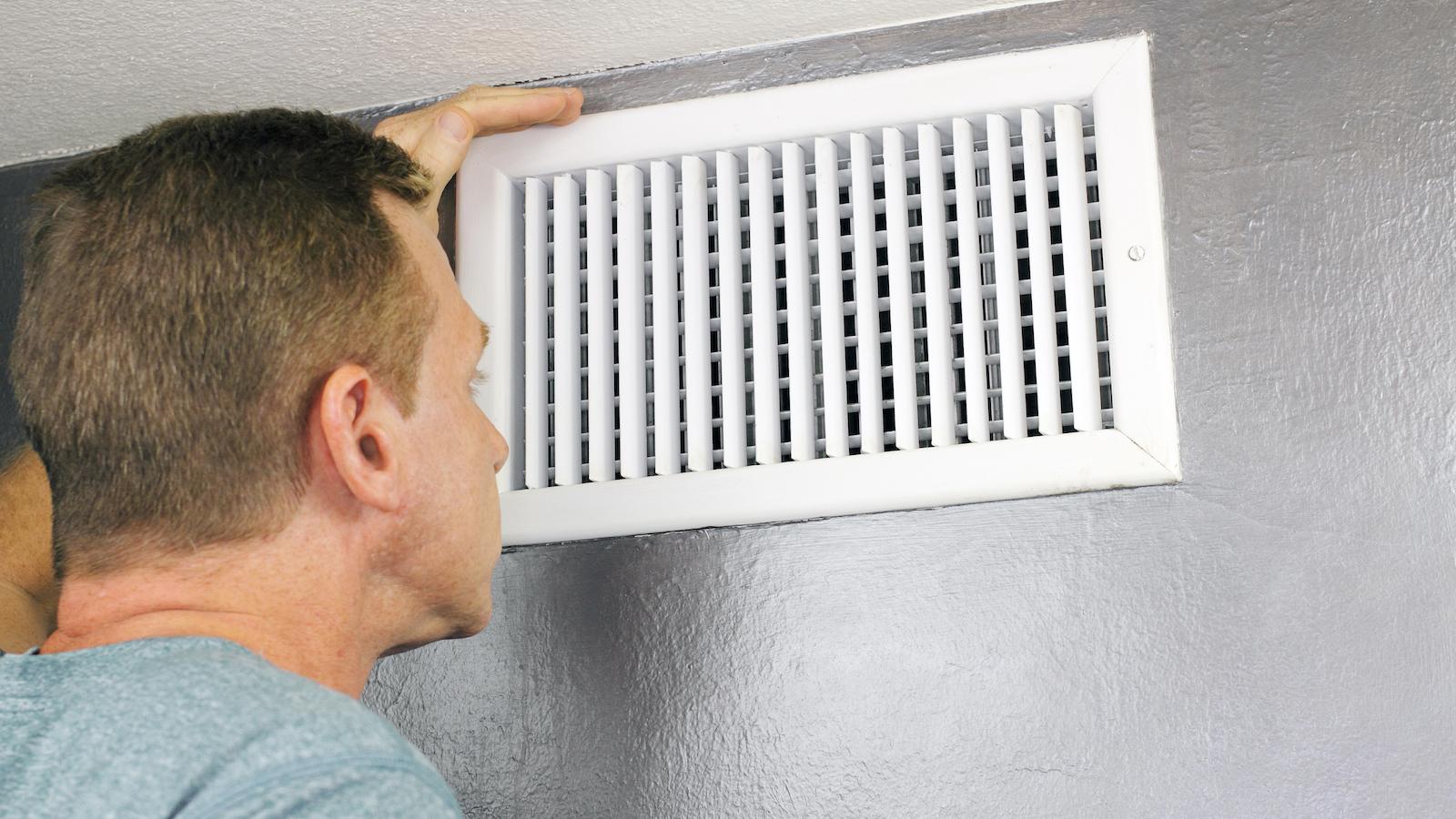
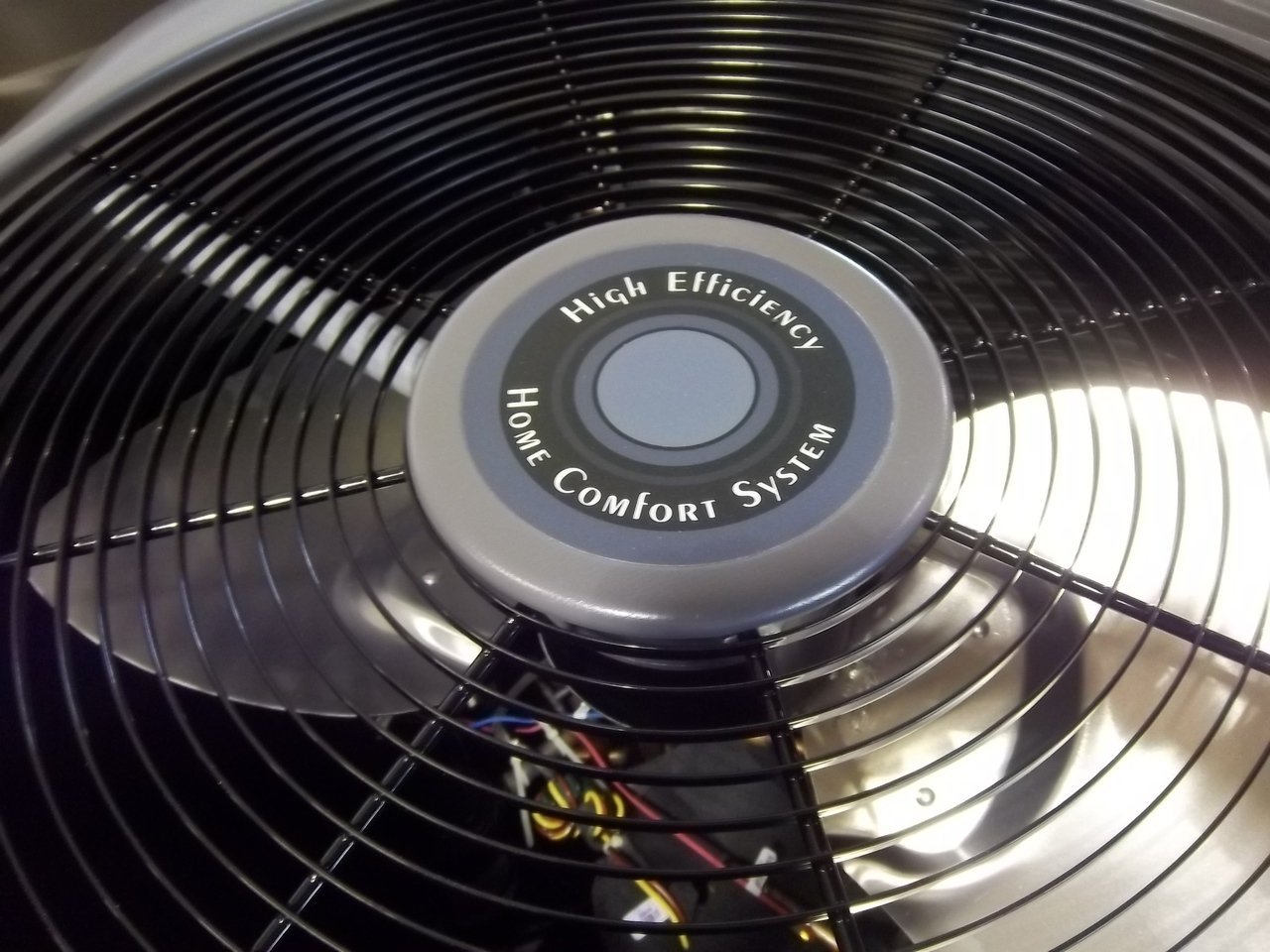
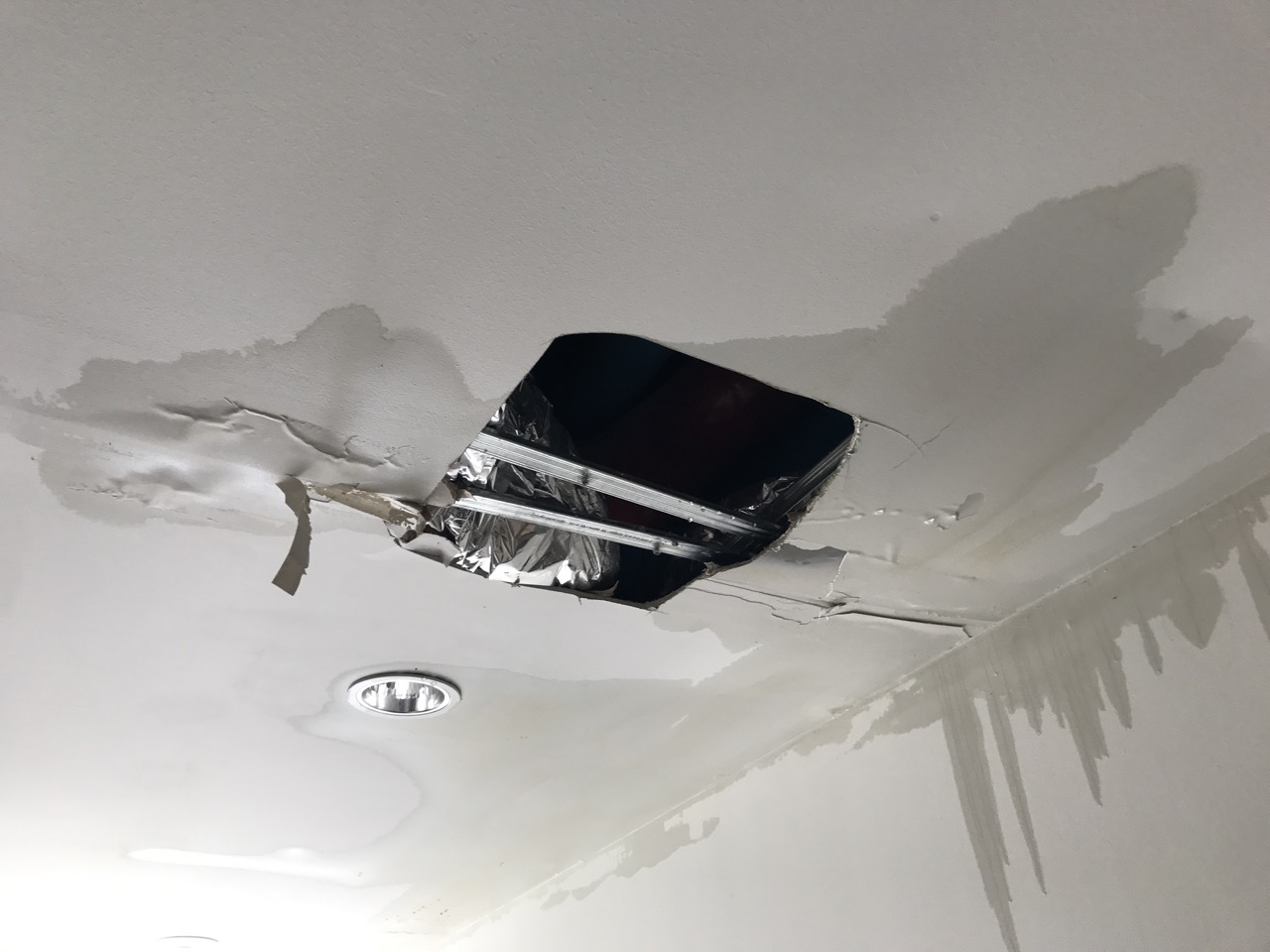
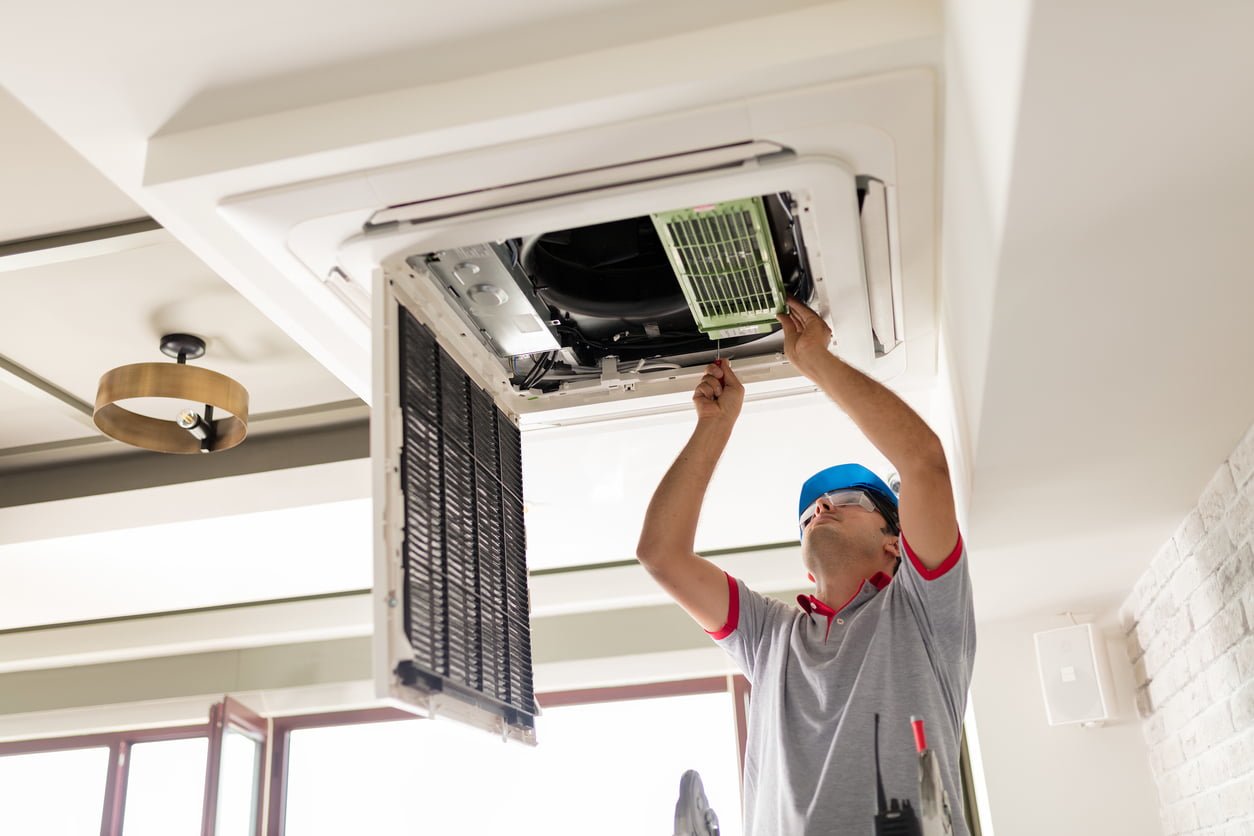
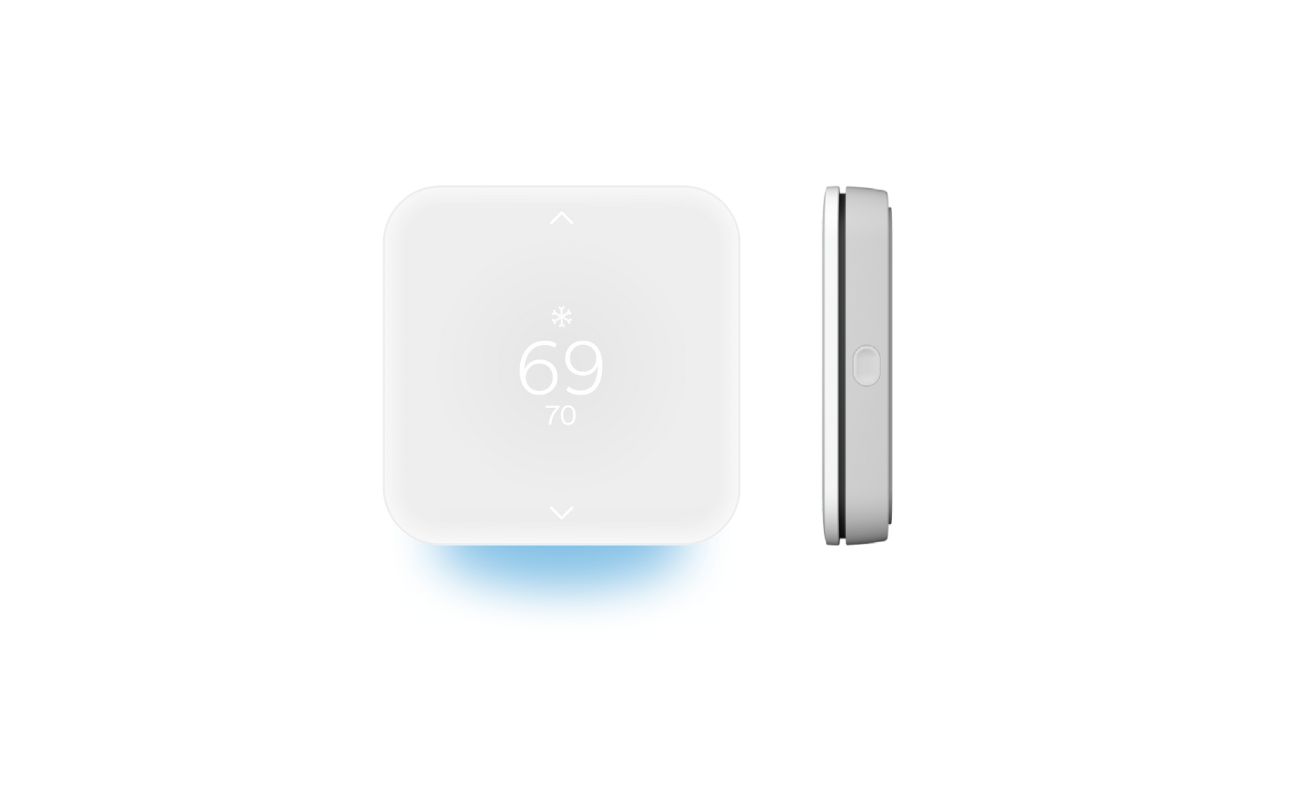
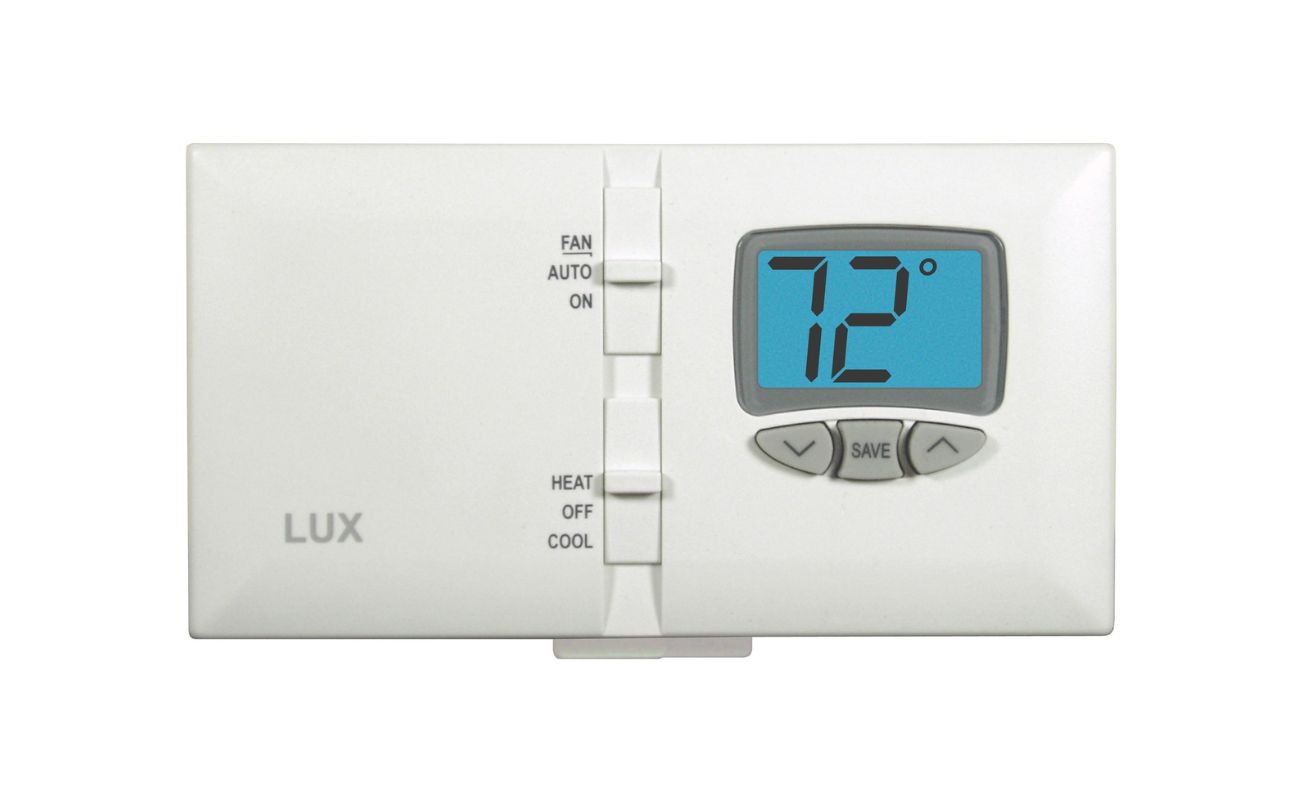
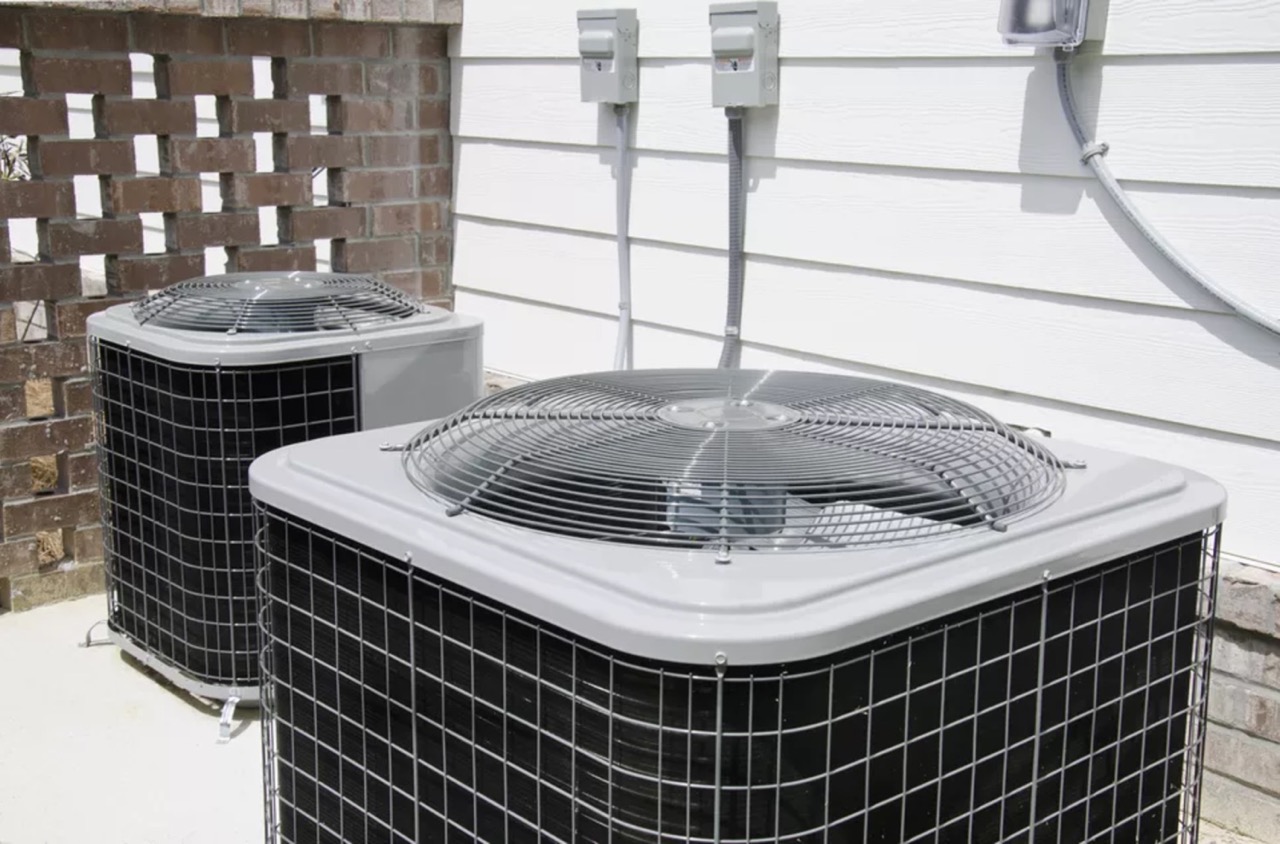
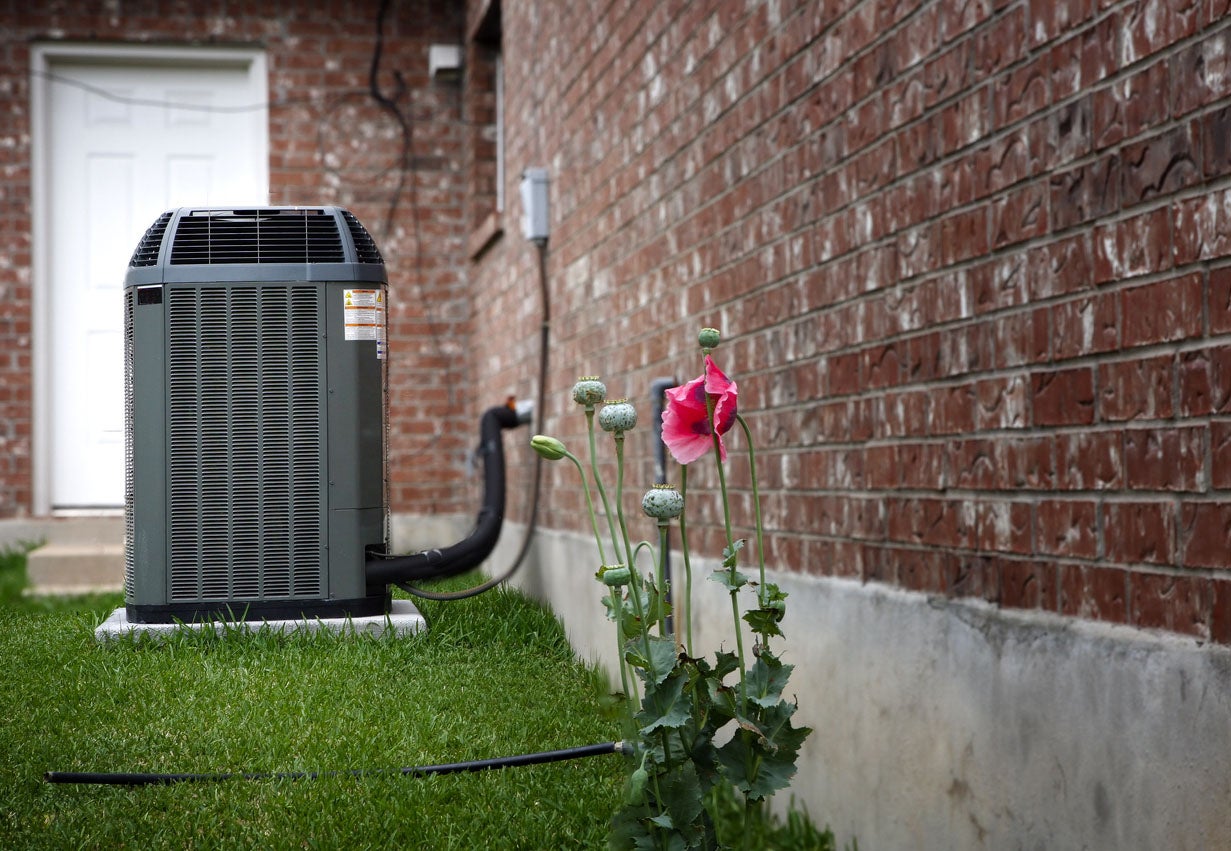
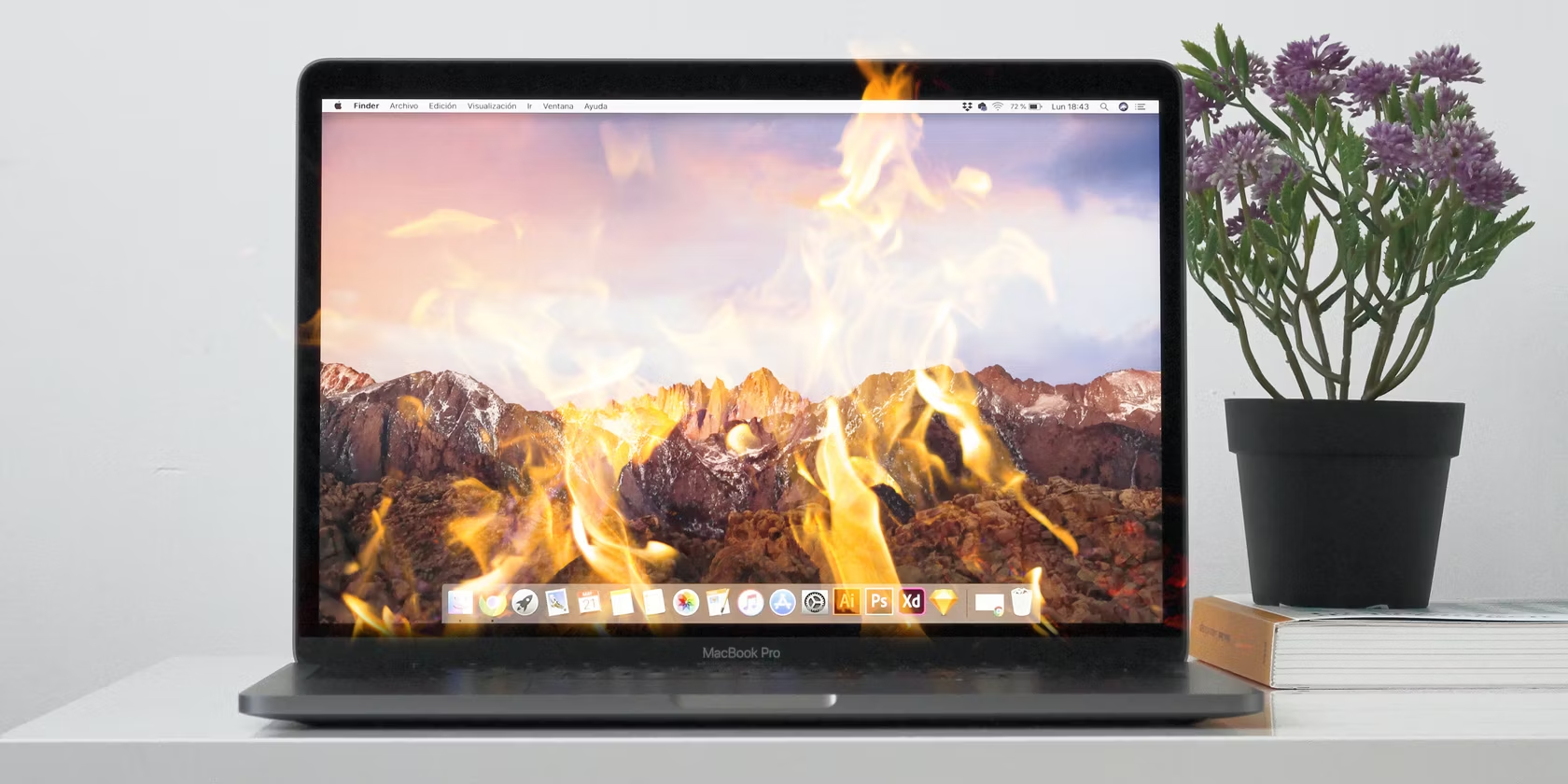
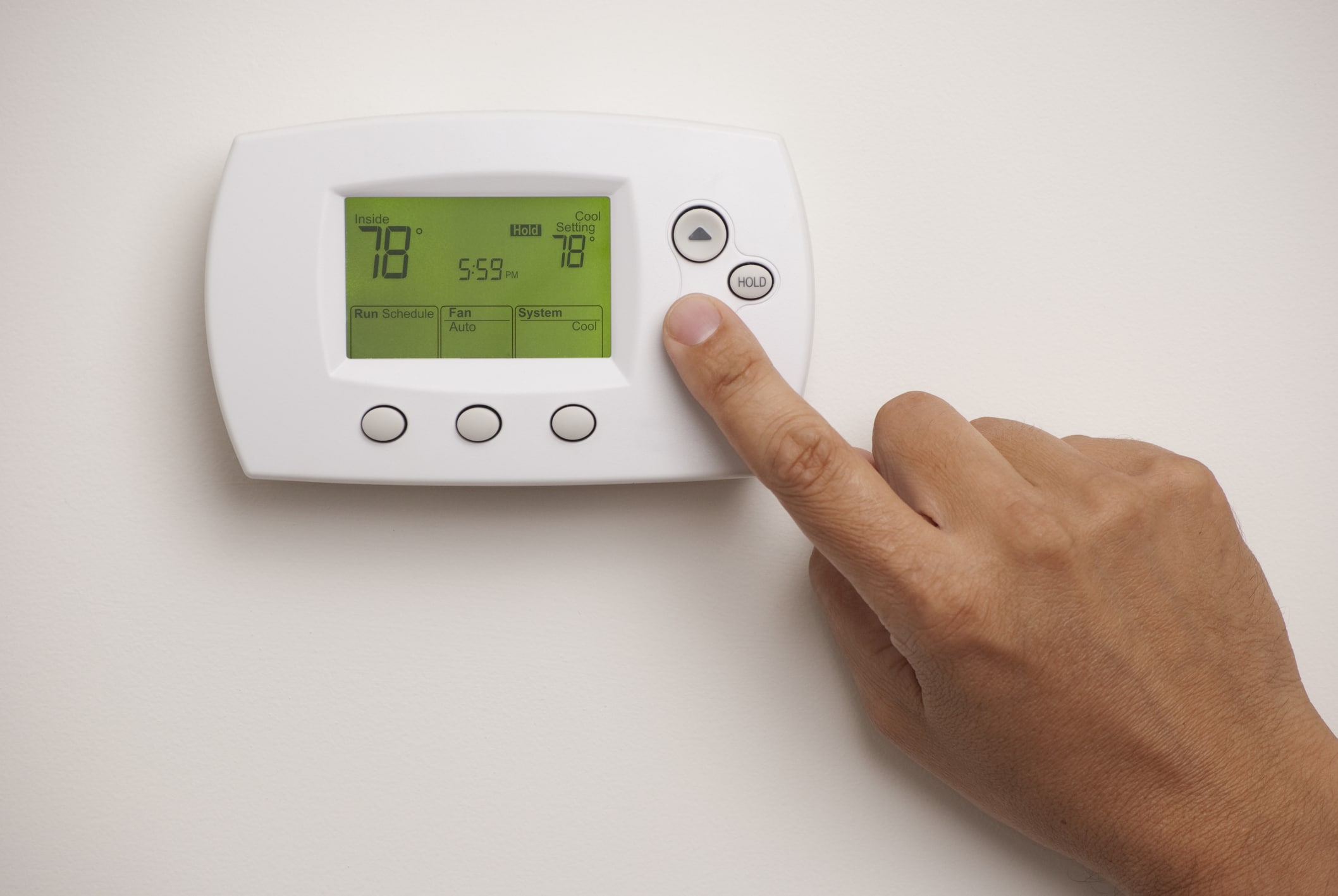
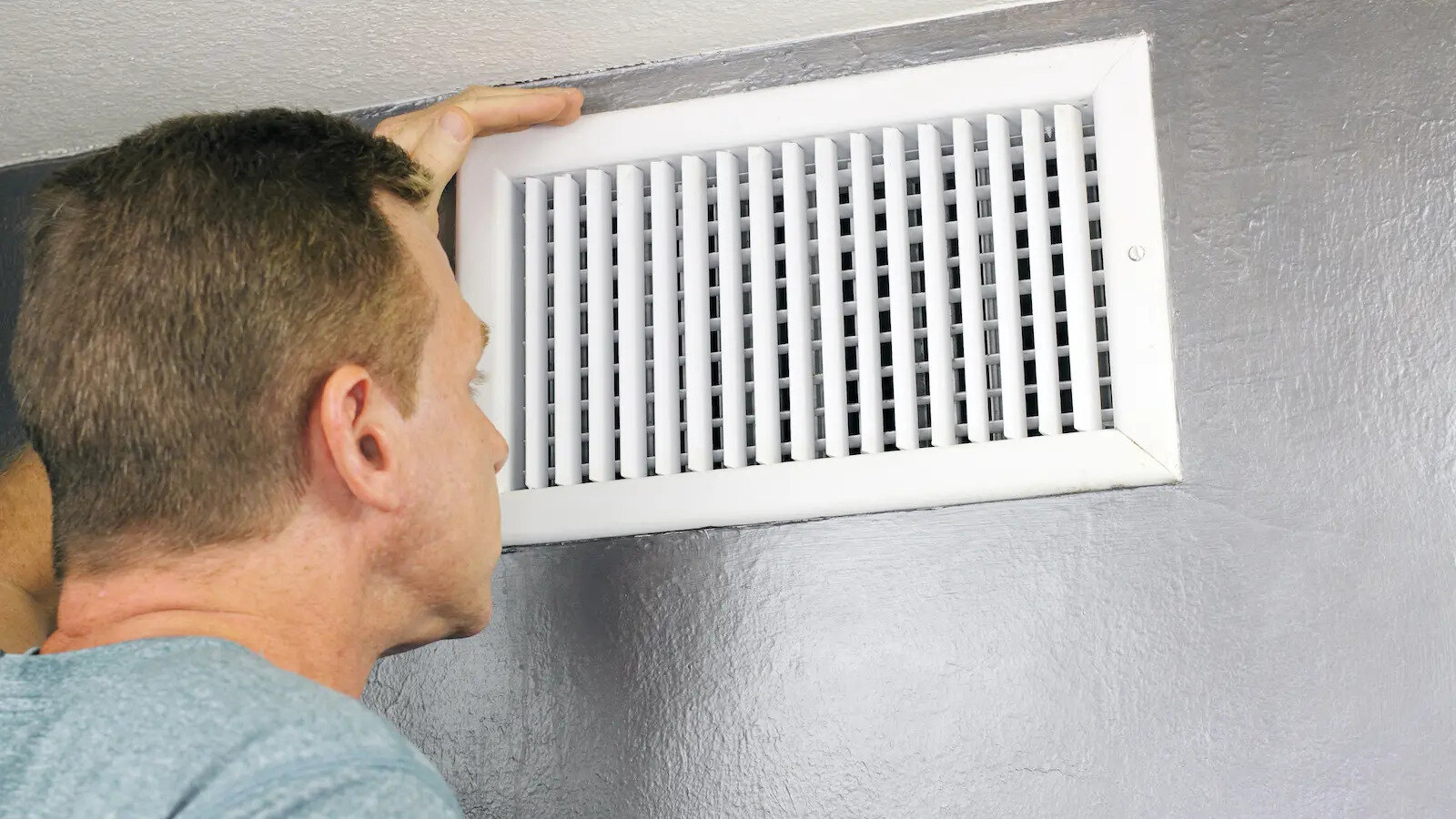
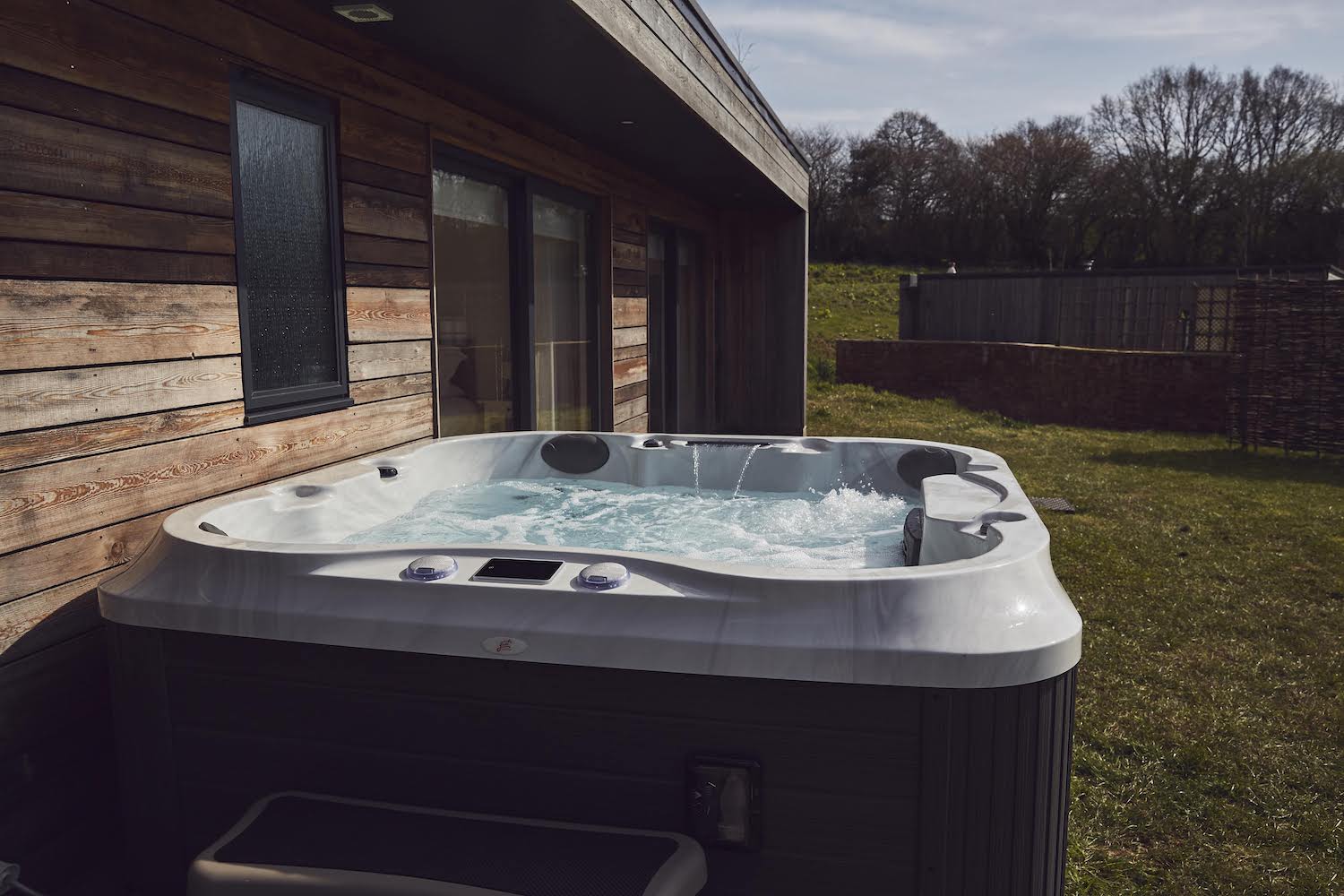
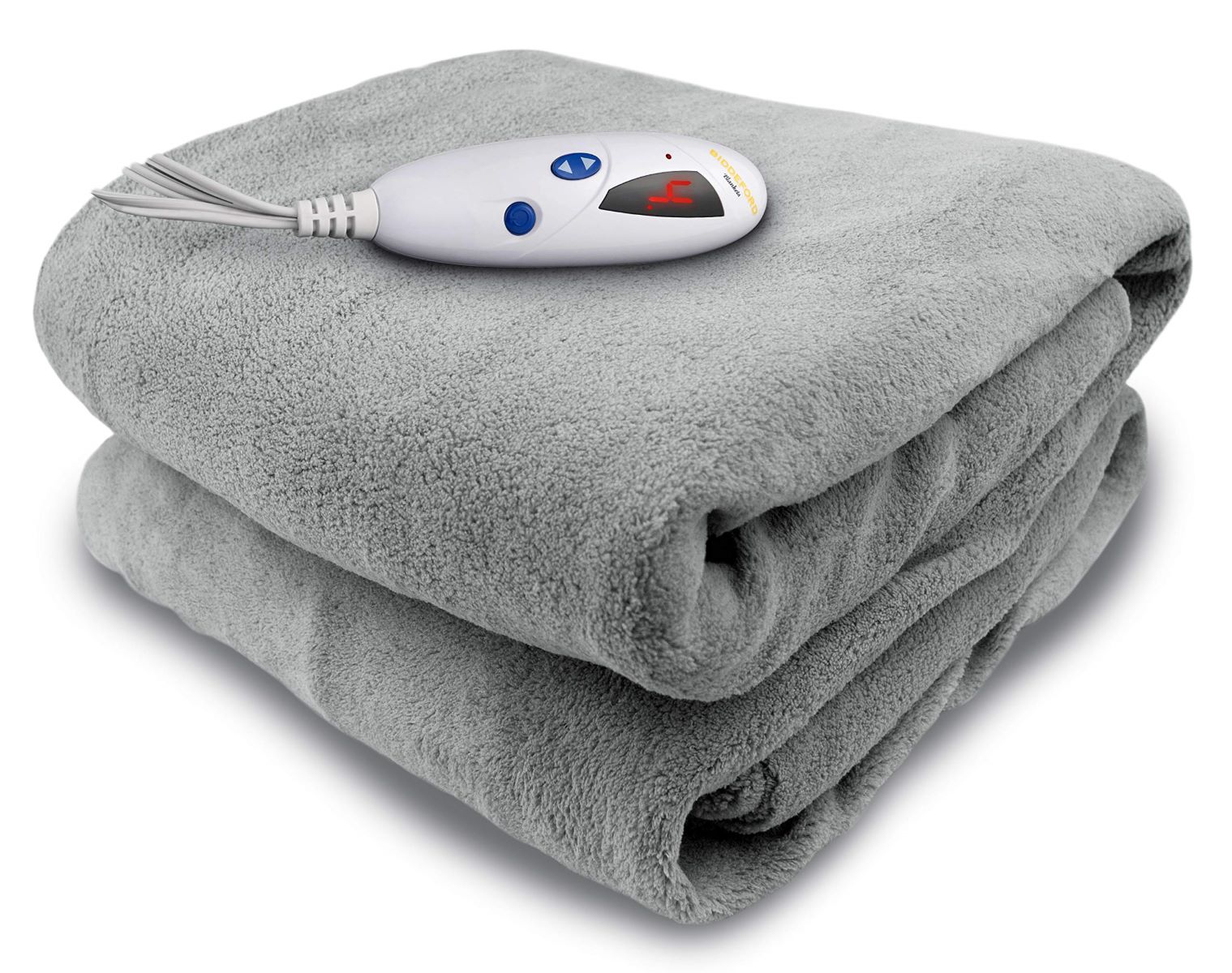

0 thoughts on “Why Is My HVAC Not Heating”